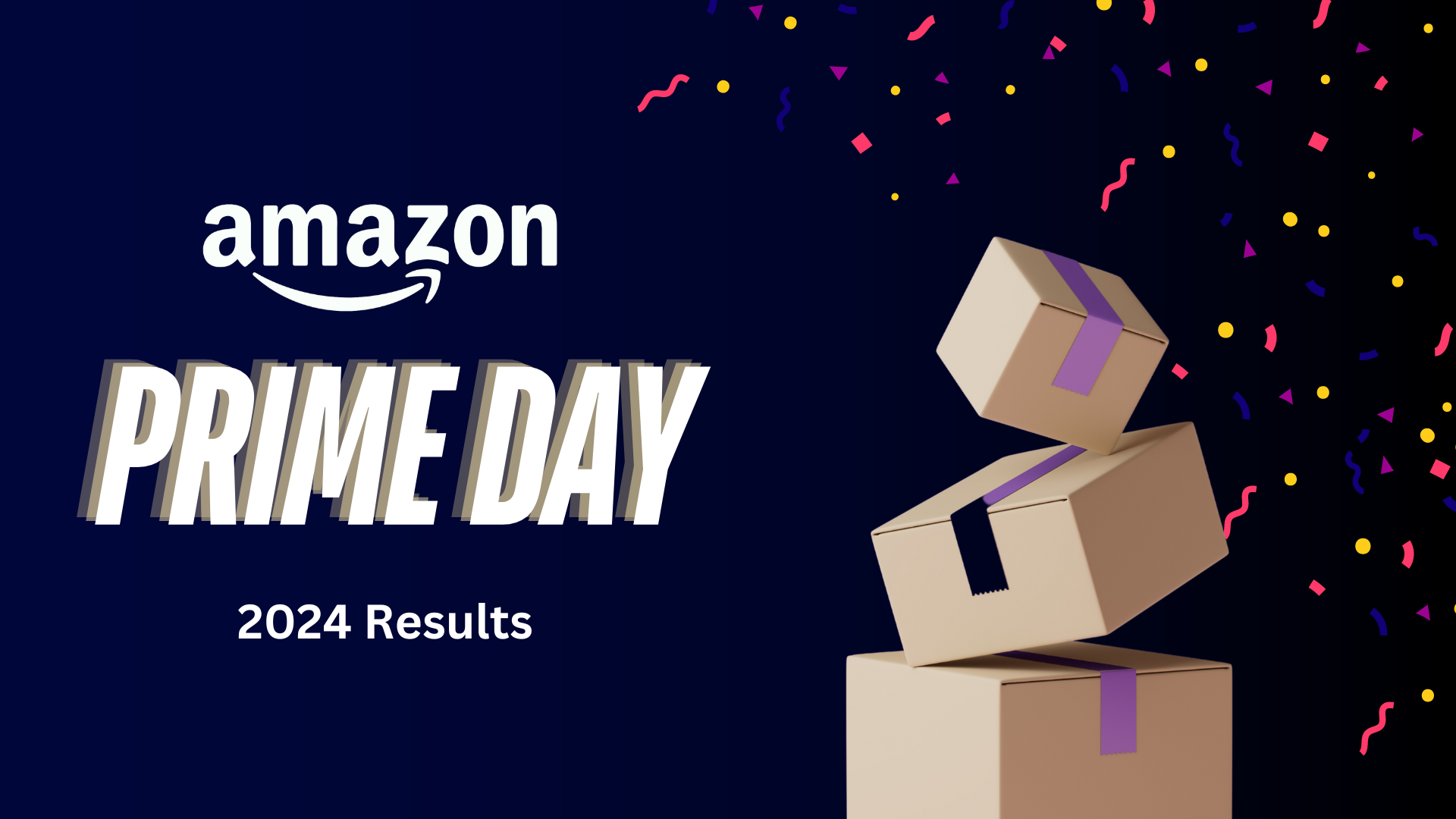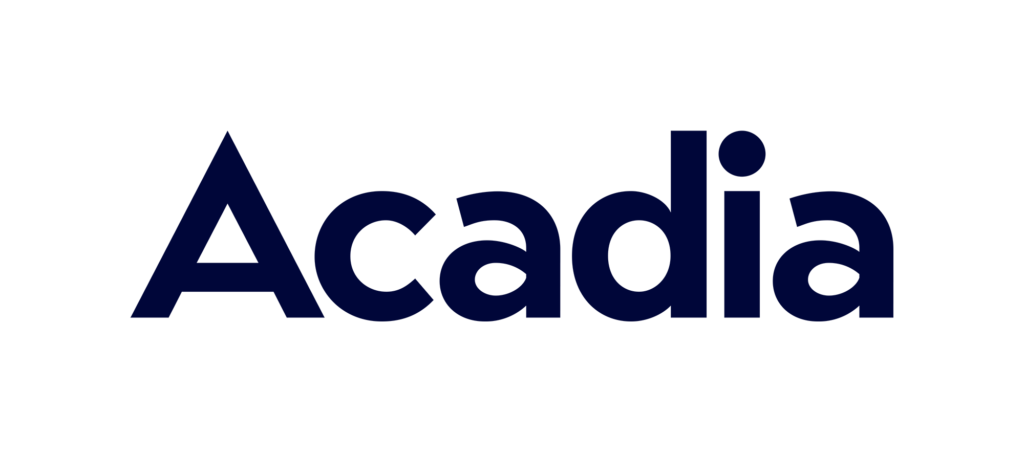Programmatic, machine learning, artificial intelligence and the age of bots is upon us, but as an ad agency, we warn taking these latest technical buzz-words with a grain of salt. When it comes to your brand message, voice tone and overall company revenue goals are you ready to completely release control to our soon to be robot overlords?
When it comes to managing your paid ads, or any other marketing platform there is a ring of truth to the statement that machine learning will make the service of optimizing PPC easier, more streamlined and faster. But just like you might not trust a 5-year-old with matches, we are far from a world where PPC automation can be trusted completely without some form of human supervision.
The Ugly Truth of machine learning failures doesn’t align with the promises.
When we look at the vision for machine learning and the altruistic picture of a benevolent AI consciousness supporting mankind is presented, but the truth is a distant and not nearly as pleasant truth.
Examples of Machine learning failures include an artist trapping a self-driving car by encircling it with do not pass painted road lines. Similar problems have arisen from obstructed or vandalized road signs, with the worst results leading to self-driving auto accidents that have been reported with several manufacturers including Tesla.
In other industries, Ai has been used for hiring practices and crime predictions showing both racial and gender biases.
Within paid ad management, we have seen a myriad of similar misses with bid automation overexerting itself, generic ad copy without consideration of brand standards, automated photo addition with no relation to the product or service and ad policy violation errors with items being flagged for unrelated and unusual reasons.
Human manipulation of AI can be used for good or evil and that can have an impact on your ad campaign performance.
Companies like Uber have seen scandals arise when drivers work together to force surge pricing and increase ride rates by manipulating the system.
Even Google itself in the past had a google ads automation bidding system so efficient that it was costing them revenue and as a result was abandoned in favor of the current strategies that allow for some level of human error.
Machine learning isn’t ready to fully service Paid ad management.
A lot of great concepts have come out of the utilization of AI-based tools, but a complete end to end solution for managing your advertising experience is far from ready. Here is why;
- To much focus on algorithm and theory
- In this early stage of machine learning the concept and promise often outways the results. Algorithms becoming obsolete quickly as data sets grow and prove flaws in the “learning”
- Not enough data and context
- Google itself has cited that most of its bidding optimization strategies won’t function effectively if there is not enough data in your PPC account to optimize to. Worse is when a small dataset provides an unexpected result or bias in machine learning.
- The inability of Machine learning to multitask
- As advertisers, we know that one metric alone doesn’t tell a story of performance and can lead to a lack of context. Multiple data points are needed for the best level of optimization within your paid media accounts.
- Lack of context
- PPC ad writing has become a common part of the new age of machine learning, but without the context of brand and voice standards, these AI written ads can often be less than optimal for brand messaging.
- Machine Learning is still in its youth
- Deep machine learning has really only come into its own within the last 10 years and is still in an early stage. With the right guidance many of the obstacles that face automation can be avoided or overcome long term.
- Missing the human factor
- When it comes to your PPC efforts and strategy sometimes there are efforts and strategies that will defy the traditional logic. At least for now, there is a certain creative factor that bots just can’t reproduce, and maybe the one thing long term that’s needed to keep ahead.
Machine learning, mixed with human guidance for long term success
Currently a complete PPC automation management solution isn’t ready to be controlled by AI. however there are some positive and impactful ways that machine learning is changing the game especially in Google ads.
Bid automation, for the most part has simplified a large section of day to day optimizations in a paid account and can provide long term positive results. Automated ad creation can speed initial account build times. Simple automated rules can provide a number of basic performance modifications throughout your account on a regular basis.
Some of the greatest things that can and will continue to come out of Automation in the Google ads automation platform will be from notification and alert along with immediate action. The ability of machines to keep eyes on all of the moving parts of the system is where they shine. The ability to quickly notice a problem and take action is where bots will continue to prove their value. Large data sets have never been the problem, knowing how and when to act on them has. The ability to take action in the best and most strategic manner is where automation is still less than reliable and only as good as those who teach the system.
Don’t want to think about this so much, let us do the heavy PPC lifting, reach out now.

